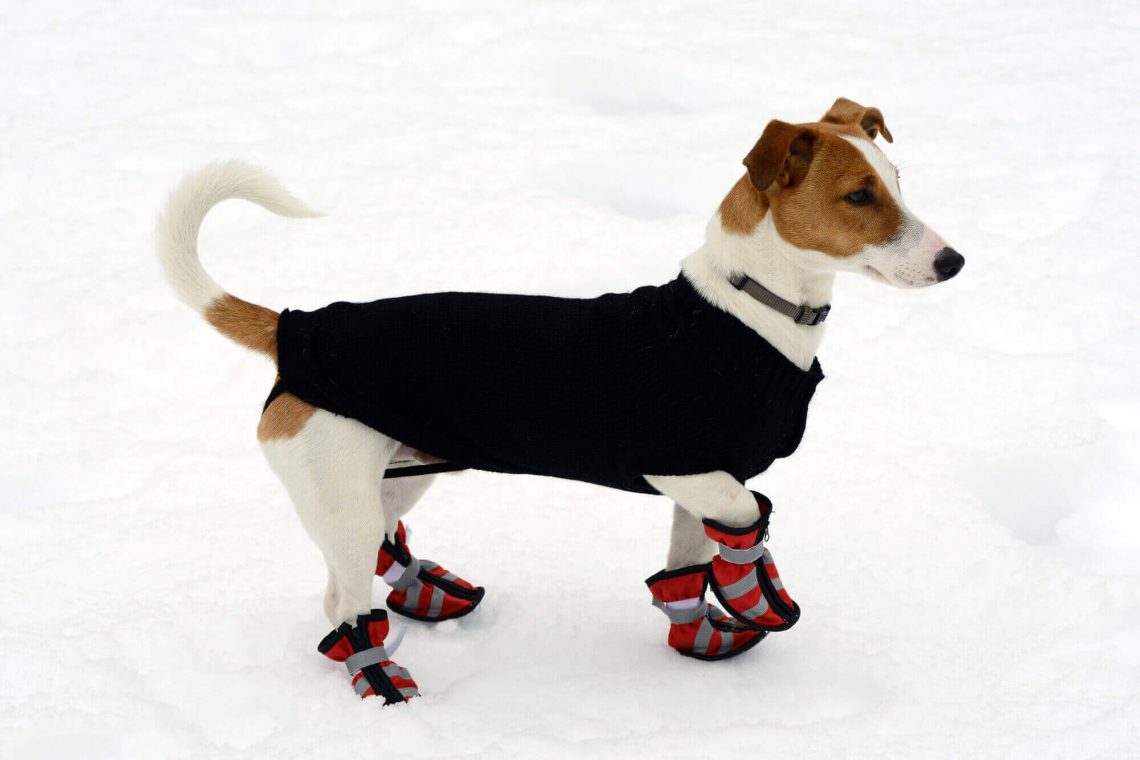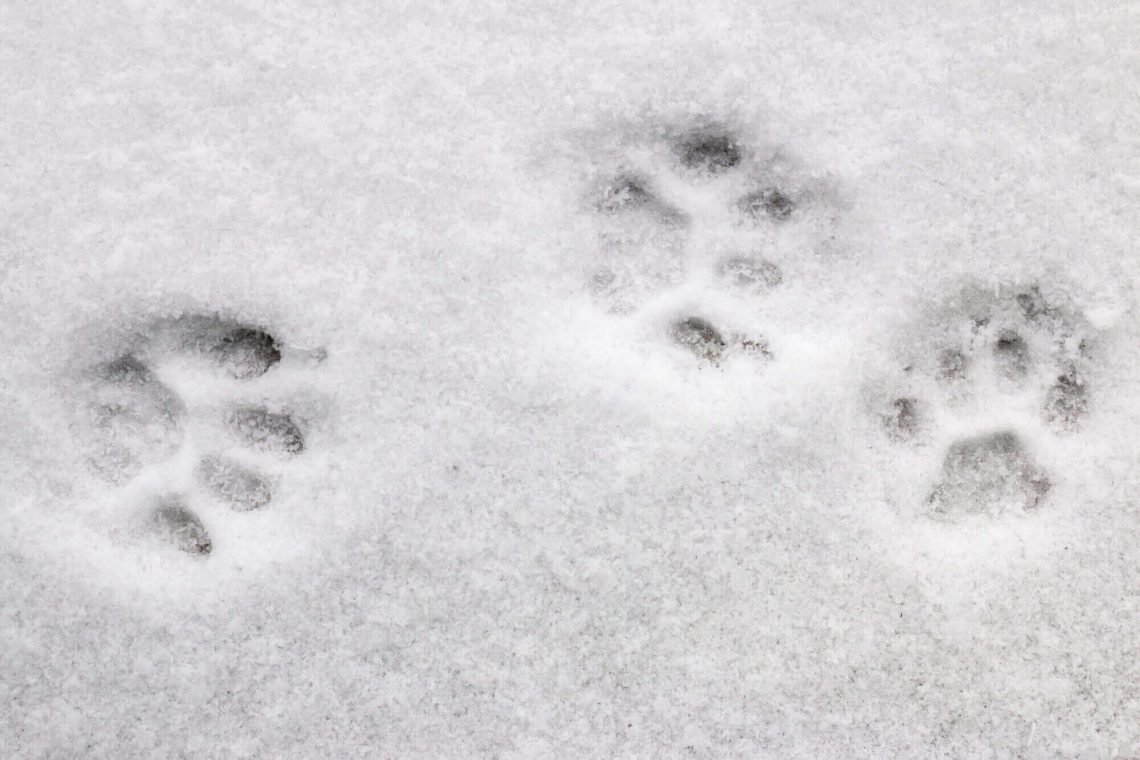All living things age, and this causes significant changes in the body and how well it functions. Often, you can offset many of the issues brought about by the passage of time by eating the right diet, getting exercise and being mindful of any special needs. This dog is true for people and pets, and if you are fortunate enough to have the responsibility of caring for a senior dog, I’m here to help you discover ways to support their ongoing health and wellbeing.
Dogs Are Unique Individuals
As you might already know, a dog never has a set of “one size fits all” instructions. Their needs vary according to:
- Age/stage of life
- Breed or blend of breeds
- Individual dog (i.e., a dog may be born with health issues that require a specific level of care)
- The nutrition that dog has received throughout life
- The environment in which it lives
As an example, consider the differences between the smallest breeds, like a Yorkshire Terrier, versus a giant breed like the Great Dane. A “Yorkie” is likely going to have a longer lifespan, as it is not unusual for the larger breeds to age faster than their smaller counterparts. The experts at PetMD have this to say about the aging processes of the giants and “tinies”:
“Giant breed dogs age faster than smaller breed dogs. A Great Dane is considered senior by roughly 5-6 years old, whereas a [small dog] would likely only be middle-aged then, and probably not considered a senior until 10-11 years…A Golden Retriever might be considered senior by 8-10 years of age.”
What tells you about your dog and its aging process is that you need to look at your dog as a unique individual, BUT consider some significant, additional factors. Breed and genetics may determine precisely when your dog is a “senior,” but also some of the things you must do for your dog as it reaches old age.

As an example, one of my mother’s dogs is a Jack Russell Terrier with the poorly chosen name of “Tinkerbell.” Hardly a pixie or fairy, she is a wild little thing that runs the show. Her best friend and “right hand” is Pearl, a large and charming American Staffordshire Terrier. They are the same age, and yet Pearl, who is much larger, is prone to gaining weight and showing signs of slowing down while Tinkerbell remains something like a living bolt of lightning, dashing everywhere, always on guard and able to burst into a sprint that no one can match. Small dogs and big dogs age differently, and it means attention to breed, personality and more, to give them all that they require in senior years.
Many things play a role in how fast your dog might age and what effect time has on your dog. While it is best to base your senior dog’s care on these factors, there are a lot of “general” steps you should take for all dogs who are living in their golden years.
General Tips for Senior Dog Care
It can be extremely difficult to look at your dog and accept that he or she is in their senior years. However, that does not mean that your dog is suddenly too old for the life it is used to. That is something you need to emphasize. Your dog’s quality of life should remain the same, if not better, as it ages, and that means:
Ensuring regular checkups:
This dog should go without saying, but we might easily take our dog’s good health for granted and miss warning signs of treatable issues associated with age. A senior dog’s health can change rapidly between once-annual visits. This dog is why most experts say that a visit to the vet every six months is a wise schedule for a dog officially in their senior years. If caught early, an amazingly long list of life-threatening or life-shortening diseases can be a treat.
It is also very helpful if you note issues your dog’s breed(s) is known for developing later in life, and be sure you discuss them with the vet at each visit. For example, your dog’s breed may be prone to kidney issues or respiratory problems, so it is a good idea to be watchful about this as the dog ages. Know the earliest warning signs and be prepared to act as soon as you witness them.
Getting adequate nutrition for their stage of life and any health issues:
Most vets will say that giving a pet the right nutrition level is important at all times, but more so during senior years when you want to help them remain energetic and playful. There are, however, no specific rules about what a senior dog needs. This dog is something you’ll want to work out with your vet, asking which sorts of foods would be of benefit to your senior dog based on breed, health issues, fitness levels and more.
Ensuring your senior dog gets enough exercise:
We advise caution and care with this because the “enough exercise” has to be based on the dog’s current physical condition, the amount of exercise they are used to doing and any health issues they may be facing. For example, the dog who has developed arthritis may find it very difficult to move as they did even months earlier. However, the movement is vital to their ongoing health. That might mean a short, less strenuous walk in the woods is needed, rather than their former, lengthy hikes on the trails. Keep in mind that exercise with you is also beneficial to the dog’s emotional and mental health, which are also crucial to a senior dog’s wellbeing.
Keeping your dog at a lean weight:
With age, it becomes much easier to gain weight, and this can harm your senior pet by stressing the organs, the joints and reducing their energy level. If your senior dog has gained weight, you can speak with your vet about adjusting the diet and exercise to help reduce those few pounds or ounces and help them regain their energy and health.
Do dog dental care:
Whether or not you have brushed your dog’s teeth throughout life, as they start to age, it becomes vitally important to be sure their dental health is as good as possible. An older pet with bad teeth is far more likely to develop health problems in the teeth and gums. The way it works is simple. Tartar and plaque on the dog’s teeth can build up into gingivitis means hardened materials have trapped debris and bacteria under the gums. This bacterium can enter the dog’s bloodstream, which can begin to harm organs such as the heart.

No matter what age a dog might be, it is a good idea to consider the introduction of frequent tooth brushing and a once-yearly dental cleaning by the veterinarian’s office. You can also give your senior a regular dental cleaning chew that can help eliminate a lot of the dangerous build-up while also delivering a tasty treat.
Keep an eye on behavior:
Any dog owner must spend enough time with their pet to understand “normal” behaviors versus anything abnormal. For example, if a dog shows changes in its behaviors, it can be a sign of a medical condition – even if no other physical symptoms have yet to manifest themselves. The most significant behavioral of dog changes to monitor increased reactions to sounds, disorientation or confusion, and decreased interaction with human housemates. An increase in vocalization, a sense of irritability, lack of response to normal commands, increased aggression or protective behaviors, house soiling, repetition of activities (i.e., pacing), displaying anxiety, wandering, and a change in their sleep cycle.
It is easy enough to explain away these things mentally. “Oh,” I might think, “Leroy is grumpy and irritated because he didn’t get out much today.” However, it could also be a sign of a health issue. If he were to be grumpy for more than 24 hours, it is off to the vets for us. Senior or not, changes in behaviors are often precursors to something else. Just make a habit of knowing your dog, their usual behaviors and signs of changes.
Remember, too, that dogs do have “cognitive dysfunction” in the same way that senior humans might experience it. Humans experience conditions like dementia and Alzheimer’s, and dogs also have some symptoms that vets label cognitive dysfunction and look a lot like human symptoms. Fortunately, there are drug regimens and dietary changes for dogs that can help with this part of aging.
I know that one vet calls the “big three,” and these are the three most common diseases that a senior pet can develop. As I said before, if you are aware of the earliest warning signs, you can often do a lot more about these issues than you can once they have thoroughly taken hold. The big three include:
- Heart disease
- Kidney disease
- Urinary tract disease
Any one of these issues can worsen and threaten a dog’s health and wellbeing. So, it pays to know what you might be seeing develop by paying attention to some warning signs.
Heart disease often manifests itself in signs like coughing, panting or heavy breathing, a loss or decrease in appetite and disinterest or inability to exercise as before. If your dog does not usually vomit and suddenly starts to vomit regularly, this too is a sign. Should your pup display two or more of these symptoms, it is time to head to the vet.

Kidney disease is a very difficult issue, and if you can nip it in the bud, you’ve given your dog a good chance at a much longer lifespan. The preliminary warning signs include a noticeable increase in their water consumption and urination. If this is paired with a decrease in appetite or a decrease in urination (or no urination), get to the vet. Kidney disease also causes visible changes in the coat and may also cause vomiting in a dog who does not often vomit. Many vets also say that if your dog acts as if it may have some tenderness in the mouth (i.e., mouth soreness), it could be a sign of kidney disease and is the time to go in for some bloodwork.
A urinary tract disease’s symptoms are much easier to spot and include house soiling or accidents, any straining to pass urine, general malaise or weakness, and blood in the urine. At the very first signs of this, it is best to get a senior dog treated.
Remember that arthritis is also a big health issue and can appear in a dog of any breed or size – though the big dogs seem to be the most vulnerable. Signs of arthritis are very tricky because they are also similar to signs of a general aging. That is why the six-month exam schedule is best, as your vet can catch the disease fairly quickly and help you get your pup on a good regimen of NSAIDs (Nonsteroidal anti-inflammatory drugs), supplements and a good regimen of exercise and special foods.
You and Your Senior Dog
You’ve probably had your dog for most of its life, and even if it came to you as an older dog, you have taken the time to get to know it personally. You understand your dog’s quirks, traits, and normal behaviors. You will see when he or she starts to age and enter their senior years, but you two still have lots of time to enjoy together, and the tips here are meant to help you savor every moment, with your dogs in the very best of health and wellness.
Got some questions? Or some suggestions? That’s why we’ve got a comments section on this blog! You can feel free to leave a comment or two down below and we’ll get back to you as soon as possible!
We love reading your messages……
Read also: How to take care of pets?
